In a scene from Joyland, Haider – a backup dancer at a grungy theater in Lahore, Pakistan – is sitting in a dusty changing room backstage when he is accosted by a group of hyper-masculine men: his friends and coworkers. Pouring beer down Haider’s throat, they bombard him with pointed questions about Biba, a glamorous diva for whom they provide backup choreography, who is also a transgender woman. Haider and Biba share a growing sense of kinship, which buds into a complicated and secretive romantic relationship.
“What’s between her legs?” one of his friends demands. “Does she have a dick or not?” “Maybe she has both a dick and a pussy,” another laughs. The abrasive locker room talk, and the men’s brazen sexualization of Biba, reflects the wider dehumanization faced by transgender people in Pakistan. Biba is part of the Khawaja Sira community, a third gender that dates back to ancient times in the South Asian subcontinent, encompassing individuals who present as highly feminine women. Transgender people exist on the margins of society, relegated to begging on the streets, sex work, and singing, dancing and performing for money at large events like weddings.
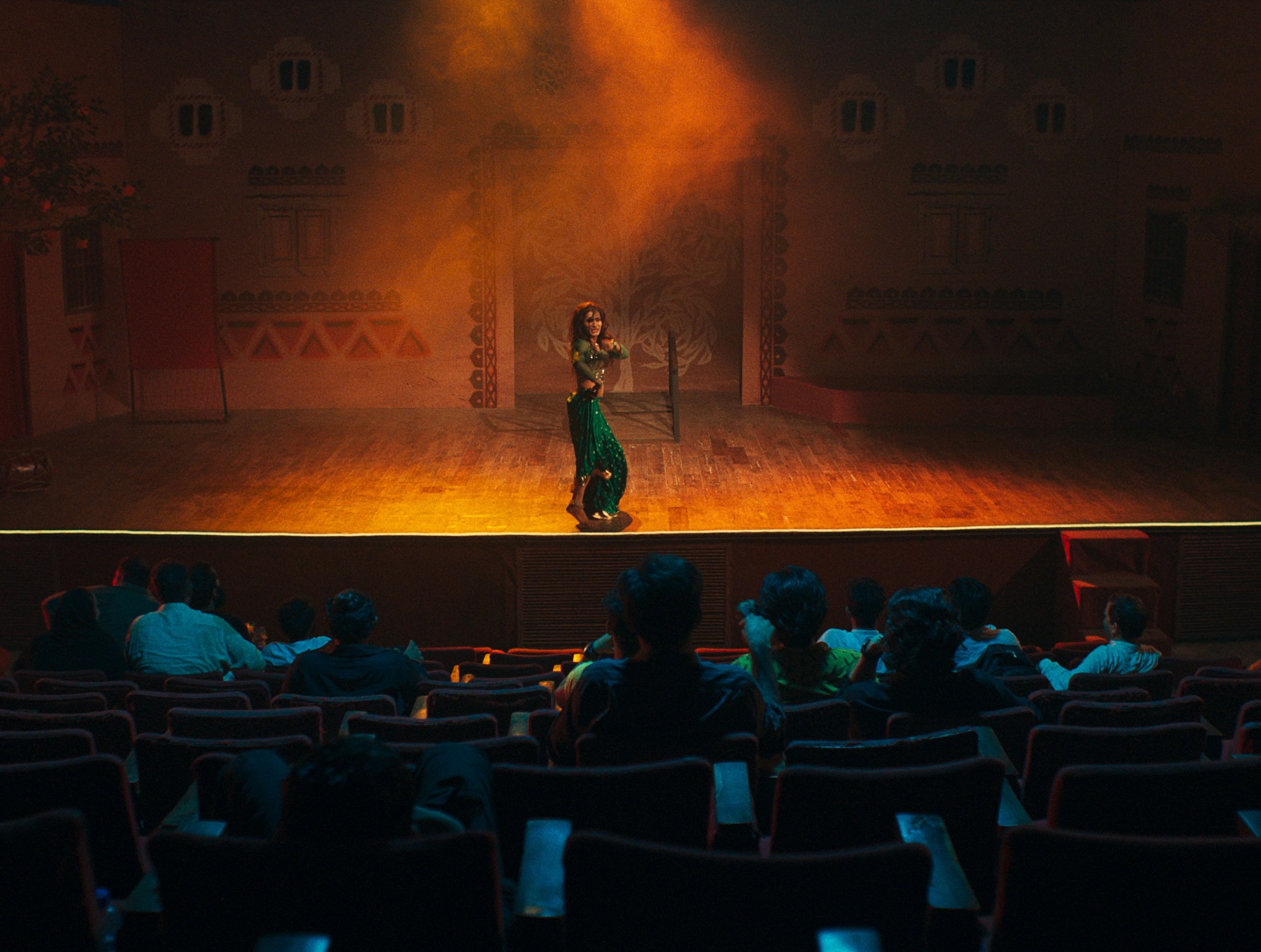
Joyland – the directorial debut of 31-year-old filmmaker Saim Sadiq – won the Un Certain Regard jury prize at the Cannes Film Festival earlier this year, and is slated as Pakistan’s Oscar entry in the Best Foreign Film category. Yet, the film was banned in its home country before its 18 November release. “We went through the censor boards, we asked for the certificates. They saw the film, they passed the film, and then we started marketing for a local release,” Saim says. “I don’t think the film has anything that is a misrepresentation of Pakistanis, and what our culture is like. It’s as empathetic a portrait as any.”
Critics belonging to the politically Islamic, conservative right-wing, who had definitely not seen the film at the time, wrote a series of letters to the Central Board of Film Certification (CBFC) in the capital city of Islamabad, and launched a social media campaign charging the film with promoting a vague, Western-inspired “LGBTQ agenda” (whatever that means!) in opposition to Islamic and cultural values. The CBFC caved into pressure and banned the film, before reversing the decision after #ReleaseJoyland trended widely on Twitter last month.
Subscribe to i-D NEWSFLASH. A weekly newsletter delivered to your inbox on Fridays.
“Humanising a transgender character in a film is getting hatred from a certain group of people,” says Sarwat Gilani, an established local actress who appears in the film. “They can make fun of transgender people in the streets and on talk shows, but they can’t humanise them in a film.”
Joyland remains banned in the country’s most populous province of Punjab, which includes Lahore, where the drama of a lower-middle-class family, yearning for the birth of a grandson, unfolds. Haider is a soft, sensitive young man married to the strong, independent Mumtaz. Struggling to satisfy the machismo of his father and older brother, he finds his first paid gig as a dancer at an erotic theater. When he meets the mesmerizing Biba his life, along with his conceptualisation of the world, changes completely.
“He’s just enamored by this power she has. And when she interacts with him, she doesn’t look down at him in the way he’s dealt with his whole life. He can be a version of himself that even he hasn’t explored yet,” says Ali Junejo, who plays Haider.
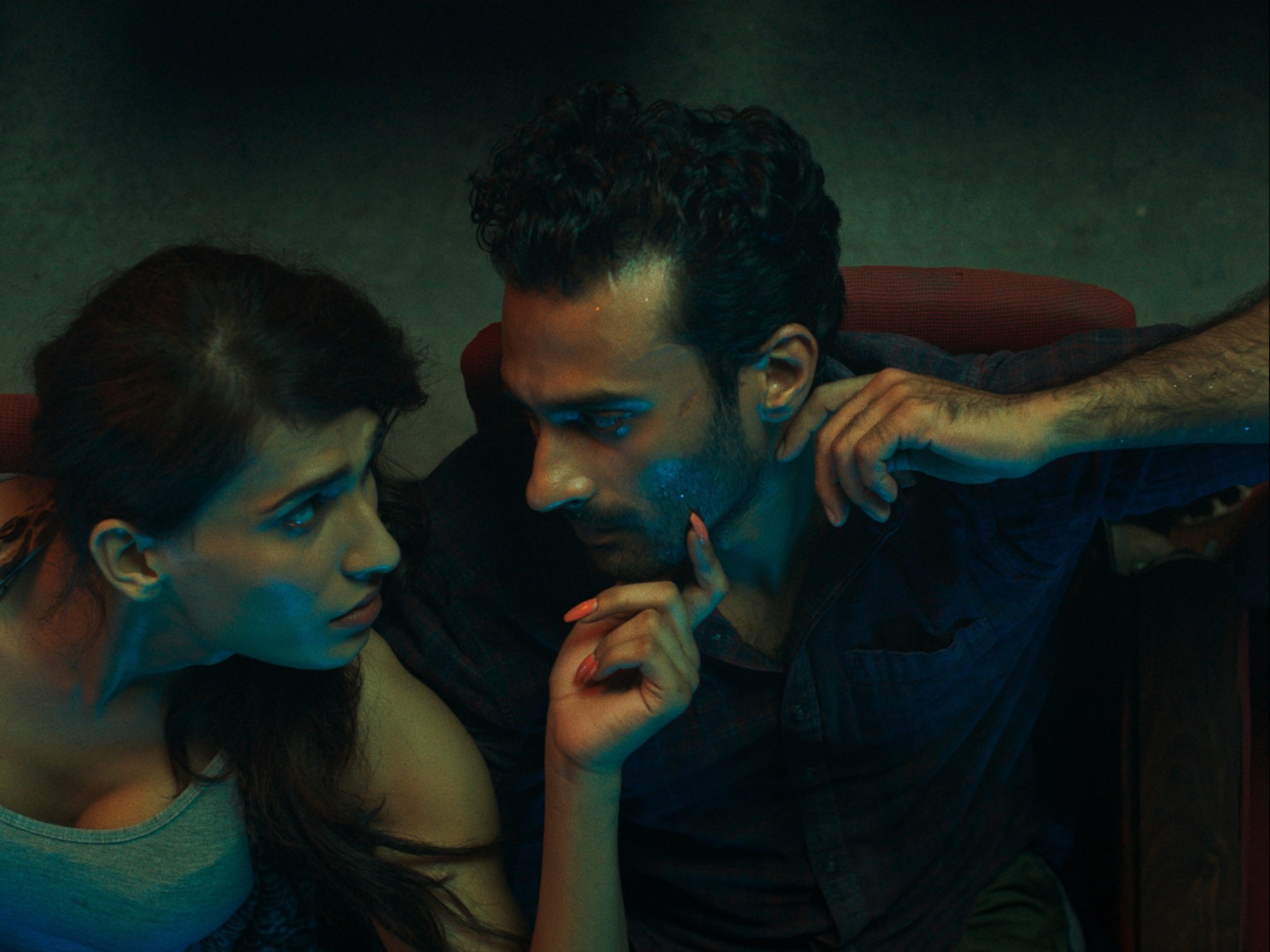
And while Haider and Biba discern a fleeting form of liberation in stolen moments, a courtesan-driven love affair that has long been a trope in South Asian literature and cinema, Joyland shows the impact his decisions have on the women in his life. “These themes of desire, gender roles and patriarchy, and what it does to you as a human being, and what’s the cost of upholding tradition, was a personal interest in my life,” Saim says. “I was interested in seeing what happens when a man is trying to gain freedom, but at the cost of the people around him.”
Alina Khan, the actress who plays Biba, is a dancer in real life. As a girl, Alina took dancing classes to move out of her family’s home, where her siblings hit and called her names because of her gender identity. “When I read the script, I was very happy with how Biba is shown,” Alina said. “She’s not a victim. She’s strong, she knows how to fight and make her place. She gets angry, she laughs, she’s sad or envious. She’s shown as a human.”
Criticism that the portrayal of a transgender woman in Joyland somehow opposes Pakistani cultural values is ironic given the fact that Khawaja Sira have always existed in South Asia, even before the 1947 Partition that created Pakistan. In the bejeweled courts of the Mughal emperors, Khawaja Sira played an esteemed role as teachers, advisors, custodians of the harem, and even generals in the military. The implementation of the 1871 Criminal Tribes Act, as Britain rapidly colonized India, criminalized Khawaja Sira for their gender identity with hefty fines and jail-time, gradually leading to the impoverished state in which they exist today.
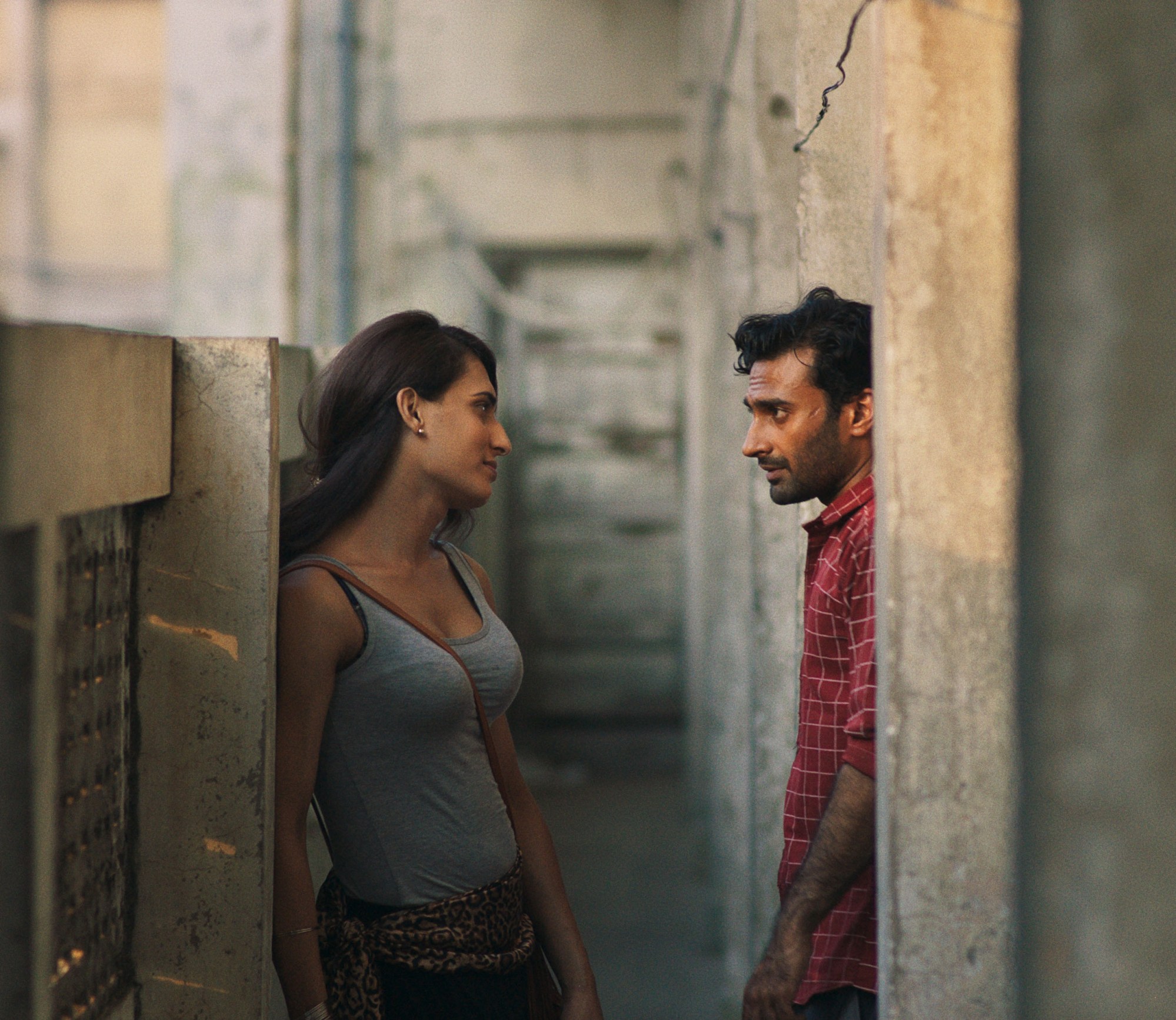
“The British came and criminalized us, isolated us, and stigmatized us, which still continues today,” says Saro Imran, a 26-year-old transgender activist in the small city of Multan. “The guru-chela system among Khawaja Sira is hundreds of years old, and it’s a part of our culture. We used to have a huge responsibility in the whole society, we didn’t exist outside of it.”
Within the past few years, Khawaja Sira and transgender people in general have been emerging in the professional realm as talk show hosts, celebrities, doctors, lawyers, and activists. In 2018, the Transgender Persons (Protection Act) was passed by the government, promising transgender Pakistanis basic rights like protection from discrimination in hiring and the workplace, and allowing them to specify their gender on their ID card.
For transgender rights activists, the backlash is not surprising, partly because these spectacle-like public stunts, predicated on hatred and a siren call of local identity being threatened by an amorphous ‘West’ is exactly how religious parties operate, victimising vulnerable communities to promote their own influence and relevance. “The political parties using Islam’s name don’t have anything else to sell at the moment,” says Kami Sid, a 33-year-old transgender model, actress, and activist. “They have nothing they can use against women’s rights or minority [sect] rights. At the moment, attacking transgender people’s rights is the only way they can highlight their politics.”
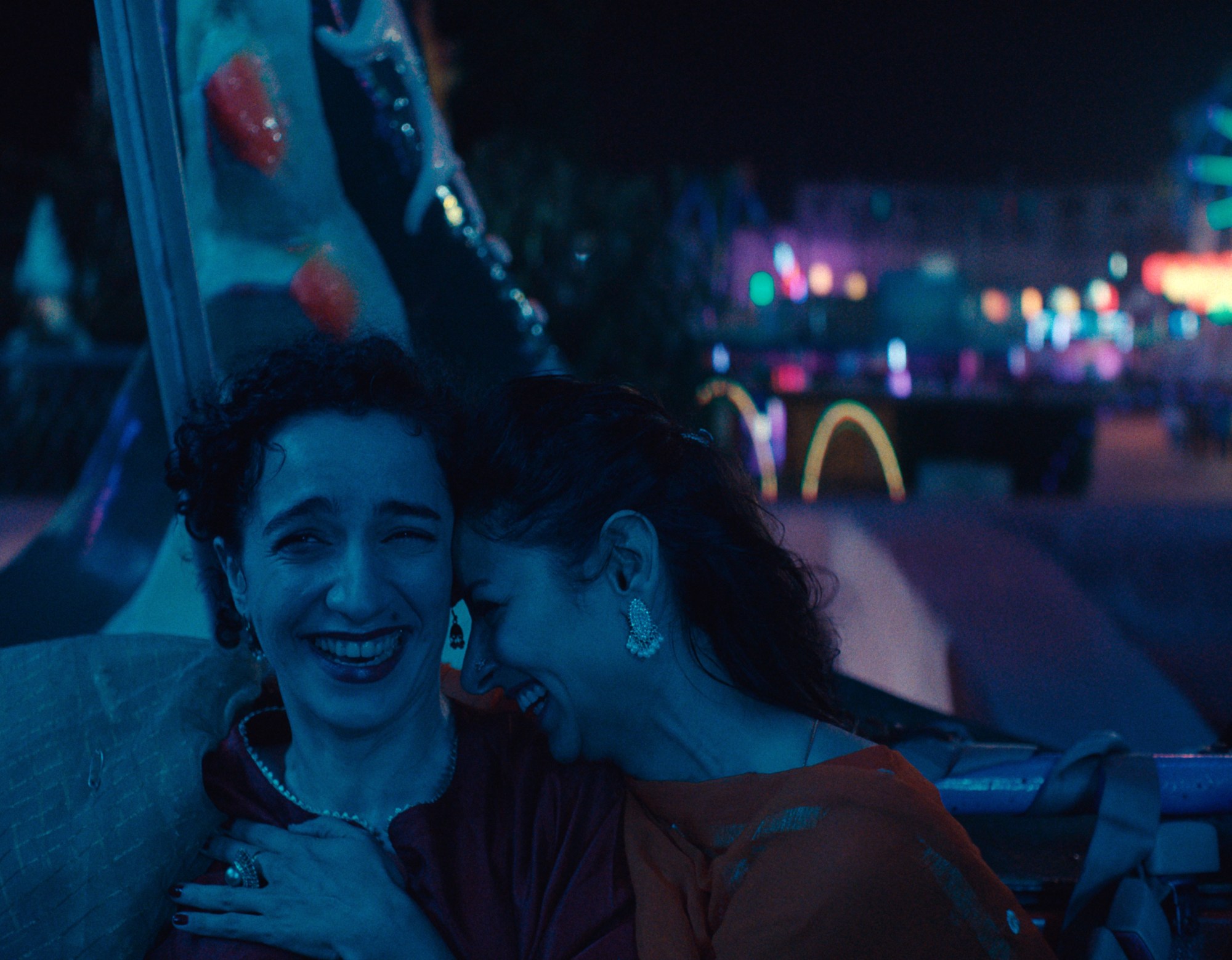
It isn’t the first time a transgender person has been shown on the screen in Pakistan, beyond stereotypical or satirical portrayals that mocks their gender identity. In Shoaib Mansoor’s 2011 film Bol (‘Speak’), considered a late aughts modern classic, an intersex child is born to a patriarchal, religiously-observant household. The film brilliantly exposes the hypocrisies underlying the honor and image on which Pakistani families thrive, but at the expense of its gender nonconforming character, who is strangled by his father after he is gang-raped as a teenager.
While Bol was released nationwide to wide acclaim, films produced in the past couple years have not fared with the same success. In 2019, Zindagi Tamasha (“Circus of Life”) was banned after facing similar pressure from trigger-happy political groups, and earlier this year, Iram Parveen Bilal’s I’ll Meet You There was rejected by the censor board for failing to reflect “the social and cultural values of Pakistan.”
“There are the basic things you cannot touch, like religion and the military,” says Mehreen Jabbar, a 50-year-old veteran filmmaker. “But recently, it’s been a mix of pressure on the government, and then the government back-tracking. The censor boards being very forward-thinking to it being like, why the hell did they ban this? And it affects local cinema, because filmmakers will think twice about exploring subjects that are out of the commercial market.”
Pakistan is the site of a dying, floundering film industry, only producing 20 or so films at the most per year, and most of the films that see the light of day fall within the catchall ‘masala’ genre (Urdu and Hindi for ‘spices’). The term encompasses rom-coms, thrillers, and action flicks with elaborate musical and dance numbers, not unlike the bombastic, entertaining movies in neighbouring Bollywood.
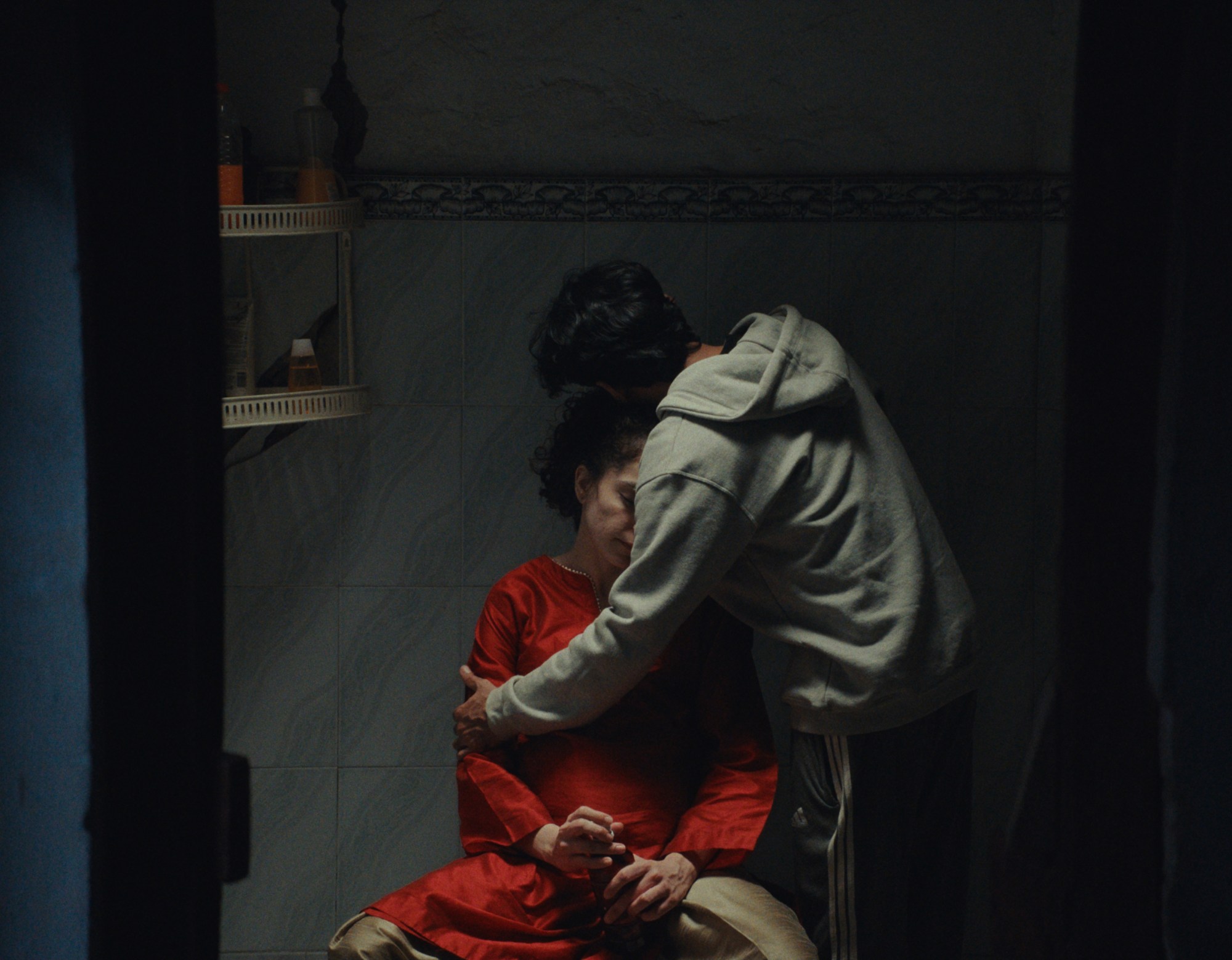
Masala films guarantee astronomical sales at the box office, but inevitably overshadow films that approach more realistic subject matter, or attempt to interrogate social issues in Pakistan. “Unfortunately, when you have a couple dozen films coming out, everyone has this burden of doing well financially,” says Hasan Zaidi, a culture critic, filmmaker, and director of KaraFilm Festival. “Cinema is a risk in and of itself. You never know which film is going to do well, and this impacts the kind of films being made, because very few people are willing to take a risk on something that is not easily acceptable to a mass audience.”
Investment in arthouse cinema, or stories that deviate from the “masala” norm, is likewise discouraged when there’s no guarantee films will even release if they’re subject to random, arbitrary censorship. “Censorship affects creativity and experimentation a lot,” Jabbar says. “It’s quite unhealthy to have so much arbitrary control. My own experience with censorship is mostly self-censorship on what I can do, and can’t do. You stop yourself before going in that direction.”
Joyland will be released in UK cinemas on 24 February.

